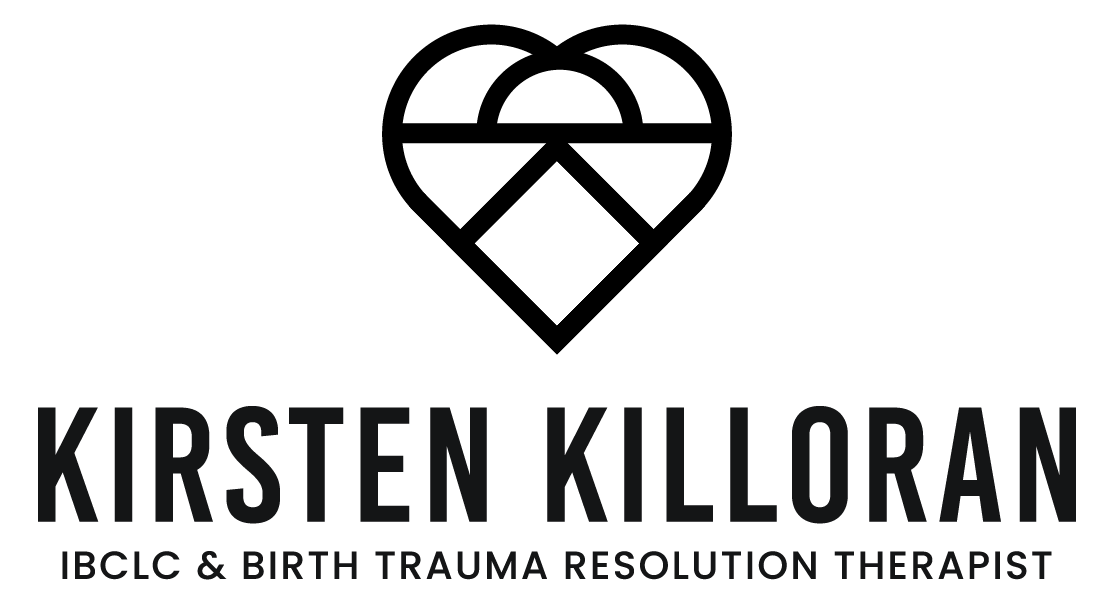Understanding Birth Trauma
Signs, Symptoms, and Seeking Help
Bringing a new life into the world is a profound and awe-inspiring experience. But for some mothers, the journey to motherhood can be accompanied by unexpected challenges and emotional hurdles. One such challenge that deserves attention and understanding is birth trauma. In this article, we'll delve into what birth trauma is, its signs and symptoms, and how seeking help can make all the difference.
What is Birth Trauma?
Birth trauma refers to the distressing or disturbing experiences that a woman may encounter during childbirth. It can result from a variety of factors, including a difficult labor or delivery, medical complications, feelings of loss of control, or a sense of not being listened to or supported during the birthing process. Birth trauma can affect mothers emotionally, mentally, and physically, and its impact can vary from person to person.
Signs and Symptoms of Birth Trauma
Recognising the signs and symptoms of birth trauma is crucial for early intervention and support. Some common indicators include:
Flashbacks or Intrusive Memories: Recurrent and distressing memories of the birth experience that intrude into daily life.
Avoidance Behaviors: Avoidance of reminders of the birth experience, such as hospitals, healthcare professionals, or discussions about childbirth.
Hyperarousal: Persistent feelings of anxiety, hypervigilance, or difficulty relaxing and sleeping.
Negative Emotions: Intense feelings of fear, anger, guilt, or shame related to the birth experience.
Physical Symptoms: Headaches, muscle tension, gastrointestinal distress, or other physical symptoms without medical explanation.
Seeking Help
If you recognize any of these signs and symptoms in yourself or a loved one, it's essential to seek help and support. Here are some steps you can take:
Talk to Someone: Reach out to a trusted friend, family member, or healthcare provider. Sharing your feelings and experiences can be the first step toward healing.
Professional Support: Consider seeking support from a therapist or counselor who specialises in perinatal mental health. They can provide a safe space to explore your emotions and develop coping strategies.
Peer Support Groups: Joining a support group for mothers who have experienced birth trauma can offer validation, understanding, and camaraderie.
Self-Care: Prioritise self-care activities that promote relaxation, stress relief, and emotional well-being. This may include mindfulness practices, exercise, creative outlets, or engaging in activities that bring you joy.
Advocacy: If you feel that your birth experience was mishandled or not adequately addressed, consider speaking up and advocating for yourself. Your voice matters, and your feedback can help improve maternity care for others.
Final Thoughts
Birth trauma is a complex and multifaceted issue that can have a profound impact on a mother's well-being. By understanding the signs and symptoms and seeking help when needed, mothers can take proactive steps toward healing and recovery. Remember, you are not alone, and support is available.
If you or someone you know is struggling with birth trauma, don't hesitate to reach out for help. Together, we can create a community of compassion, understanding, and support for all mothers on their journey through motherhood.
With care and solidarity,
Kirsten

